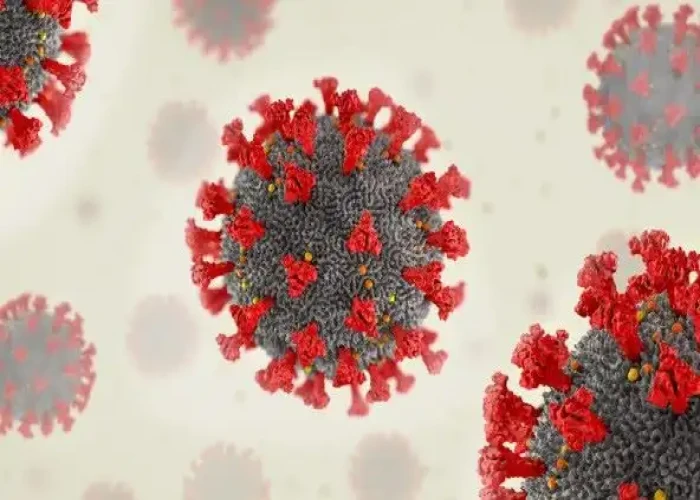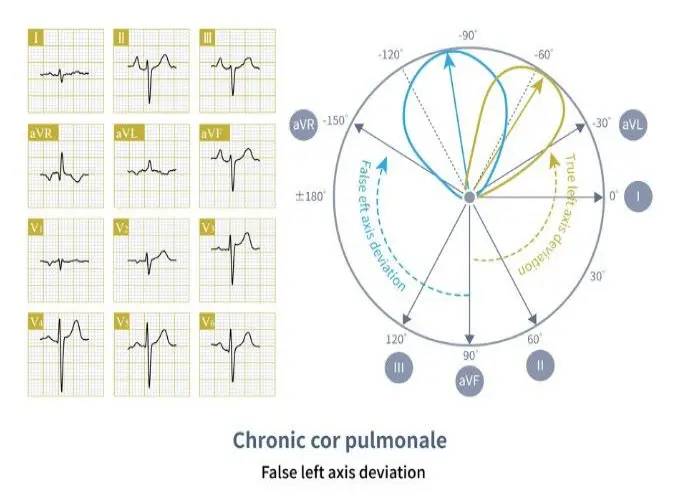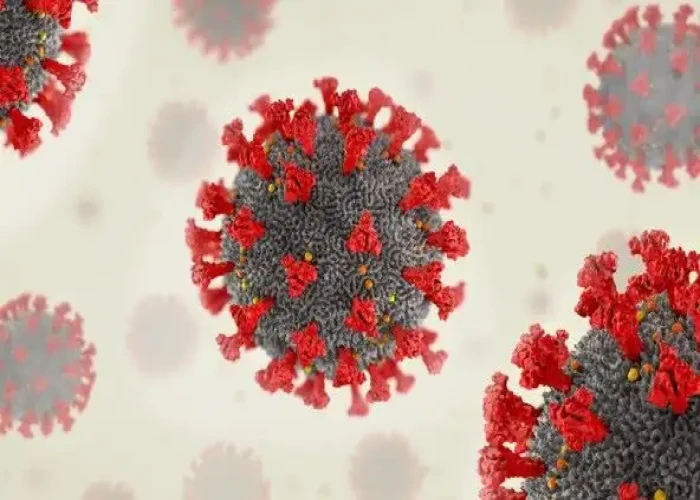 Welcome
Welcome
“May all be happy, may all be healed, may all be at peace and may no one ever suffer."
Severe acute respiratory syndrome (SARS)

Severe acute respiratory syndrome (SARS) is a viral respiratory illness caused by the SARS coronavirus. It was first identified in 2003 during a global outbreak that originated in China and quickly spread to other countries, leading to a global health crisis.
Symptoms of SARS may include:
- High fever (above 100.4°F)
- Chills and body aches
- Dry cough
- Shortness of breath
- Difficulty breathing
- Chest pain
- Headache
- Diarrhea
SARS can be a severe and potentially fatal illness, particularly in older adults and people with underlying health conditions. The virus is spread through respiratory droplets when an infected person coughs or sneezes, and it can also be spread by touching a surface contaminated with the virus and then touching the mouth, nose, or eyes.
There is currently no specific treatment for SARS, and care is focused on managing symptoms and supporting respiratory function. Prevention measures include practicing good hygiene, such as frequent hand washing and wearing a mask, and avoiding close contact with people who are sick. If you suspect that you may have SARS or have been exposed to someone with SARS, it is important to seek medical attention immediately.
Research Papers
Disease Signs and Symptoms
- Fever
- Dry cough
- Shortness of breath (dyspnea)
Disease Causes
Severe acute respiratory syndrome (SARS)
SARS is caused by a strain of coronavirus, the same family of viruses that causes the common cold. Previously, these viruses had never been particularly dangerous to humans.
Coronaviruses can, however, cause severe disease in animals, and that's why scientists suspected that the SARS virus might have crossed from animals to humans. It now seems likely that that the virus evolved from one or more animal viruses into a new strain.
How SARS spreads
Most respiratory illnesses, including SARS, spread through droplets that enter the air when someone with the disease coughs, sneezes or talks. Most experts think SARS spreads mainly through close personal contact, such as caring for someone with SARS. The virus may also be spread on contaminated objects — such as doorknobs, telephones and elevator buttons.
Disease Prevents
Severe acute respiratory syndrome (SARS)
Researchers are working on several types of vaccines for SARS, but none has been tested in humans. If SARS infections reappear, follow these safety guidelines if you're caring for someone who may have a SARS infection:
- Wash your hands. Clean your hands frequently with soap and hot water or use an alcohol-based hand rub containing at least 60% alcohol.
- Wear disposable gloves. If you have contact with the person's body fluids or feces, wear disposable gloves. Throw the gloves away immediately after use and wash your hands thoroughly.
- Wear a surgical mask. When you're in the same room as a person with SARS, cover your mouth and nose with a surgical mask. Wearing eyeglasses also may offer some protection.
- Wash personal items. Use soap and hot water to wash the utensils, towels, bedding and clothing of someone with SARS.
- Disinfect surfaces. Use a household disinfectant to clean any surfaces that may have been contaminated with sweat, saliva, mucus, vomit, stool or urine. Wear disposable gloves while you clean and throw the gloves away when you're done.
Follow all precautions for at least 10 days after the person's signs and symptoms have disappeared. Keep children home from school if they develop a fever or respiratory symptoms within 10 days of being exposed to someone with SARS.
Disease Treatments
Despite a concerted global effort, scientists have yet to find an effective treatment for SARS. Antibiotic drugs don't work against viruses, and antiviral drugs haven't shown much benefit.
Disease Diagnoses
Disease Allopathic Generics
Disease Ayurvedic Generics
Disease Homeopathic Generics
Disease yoga
Severe acute respiratory syndrome (SARS) and Learn More about Diseases

Dumping syndrome

Dyslexia

Meniere's disease

Wilms' tumor

Yeast infection (vaginal)

Toothache

Gender dysphoria

Cor Pulmonale
Severe acute respiratory syndrome, sars, গুরুতর তীব্র শ্বাসযন্ত্রের সিন্ড্রোম, এসএআরএস
To be happy, beautiful, healthy, wealthy, hale and long-lived stay with DM3S.
